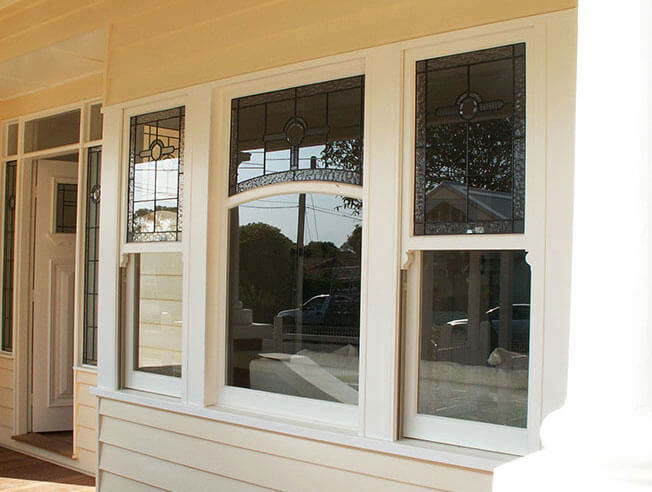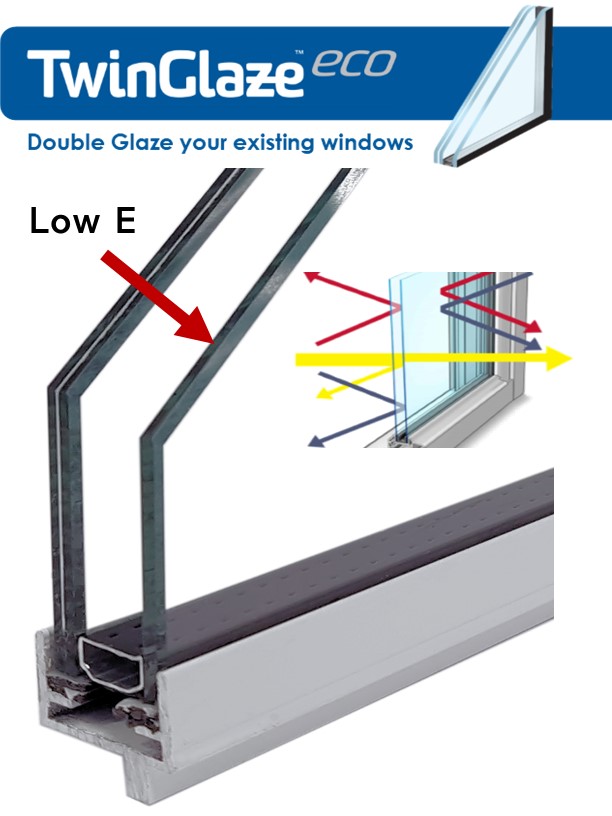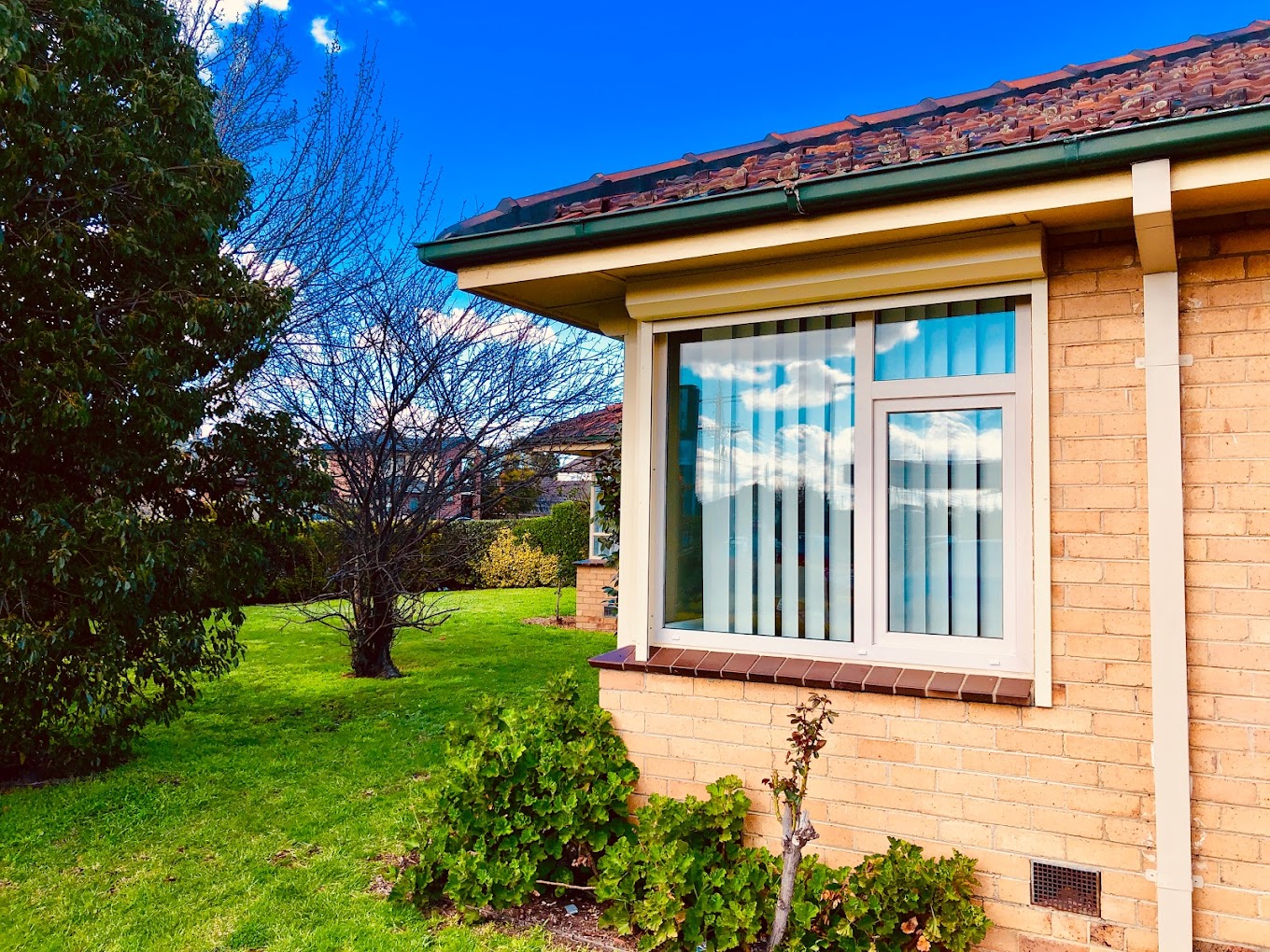All Categories
Featured
Table of Contents
Solace Creations: Home in Armadale Western Australia
Laminated glass is often utilized in locations in the house most vulnerable to injury from human effect such as bathrooms, doors, around staircases and in areas near to the floor (it fulfills the requirements of 'security glass' that is mandated for use in these locations by Australian Basic AS 1288 Glass in buildings).
Toughened glass has been 'tempered' by being reheated and rapidly cooled again. This process makes it much stronger than standard glass it can withstand greater impact loads prior to breaking. It also makes it much safer since, when it does shatter, it breaks into lots of little cubic pieces instead of harmful fragments.
Glazing And Glass Options - Smarter Homes in Maylands WA
Nevertheless, toughened glass has no thermal or acoustic advantages over other glass of the very same toning or density. Secondary glazing is where single-glazed windows are retrofitted with a transparent acrylic or glass sheet attached to the within the frame or openable sash with a secondary frame or with magnetic strips.


Secondary glazing will not perform too thermally as a produced IGU, considering that it is difficult to completely seal the boundary, however it can offer great noise control. Window films are a thin polymer movie including an absorbing dye or reflective metal layer, with an adhesive support. They stick to your glazing to alter its colour or make it reflective.
Double-glazing Versus Low-e Glass in Glen Forrest Western Australia
Applied to existing glass, some window films can cut in half the general SHGC of the window by absorbing and/or reflecting solar radiation. This can be especially helpful in hotter environments where cooling is the primary concern, or on east and west elevations directly exposed to long durations of sunshine. However, window films might also lower noticeable light transmittance.

For this reason, it is normally best to utilize a certified installer of window film. Frames have a considerable influence on the thermal performance of doors and windows, due to the fact that energy can be gotten and lost through the frame, as well as through the glass. Various types of frame will enable various levels of heat gain and loss, so mindful option of frame is essential for effective passive design.
Insulated Glass Unit – Igu in Bateman WA
Nevertheless, aluminium is likewise an extremely excellent conductor of heat and will reduce the insulating worth of a glazing system, unless specifically crafted to reduce this. A 'thermally broken' frame is made up of 2 aluminium areas linked by a structural insulator (typically a low-conductivity structural polymer). This 'breaks' the thermal connection through the aluminium and lowers the heat streaming through the frame.
They can be expensive, but rates are reducing as they end up being more typical. Lumber frames are a great natural insulator that can fit some home styles. Lumber frames ought to be made from species that have naturally high resilience or be treated to avoid decay and deformation. Check that the timber is sourced from a sustainably managed forest.
Glazing in South Guildford Western Australia
(weather condition removing) is installed.
u, PVC windows and doors have exceptional thermal performance Picture: Ben Wrigley (Light House Architecture and Science) Composite frames use aluminium profiles on the outer areas with either a timber or u, PVC inner section. These integrate the low upkeep and durability of aluminium with much enhanced thermal efficiency.
Table of Contents
Latest Posts
8 Benefits Of Double Glazing To Take Advantage Of in Greenmount WA
Single Vs Double Vs Triple - Which Window Is Right For Your ... in Hazelmere Western Australia
Twinglaze® Double Glaze Specification Act - Vic in Coogee Perth
More
Latest Posts
8 Benefits Of Double Glazing To Take Advantage Of in Greenmount WA
Single Vs Double Vs Triple - Which Window Is Right For Your ... in Hazelmere Western Australia
Twinglaze® Double Glaze Specification Act - Vic in Coogee Perth